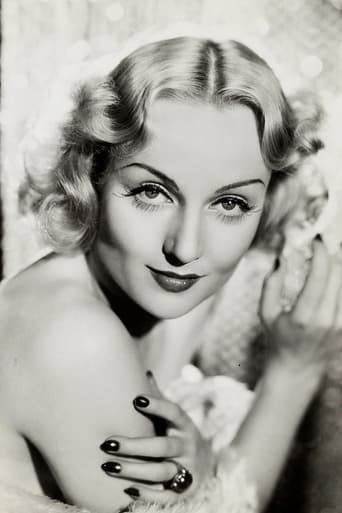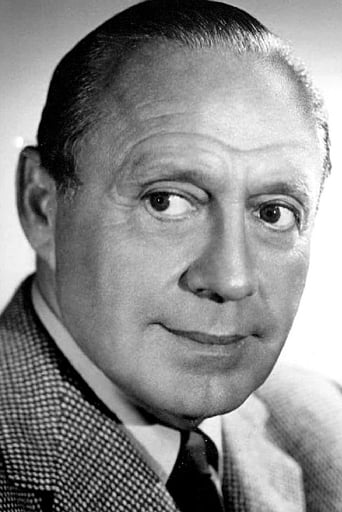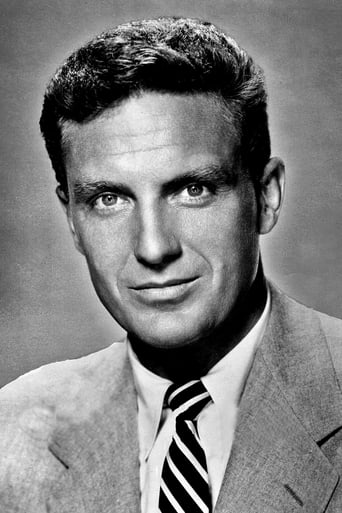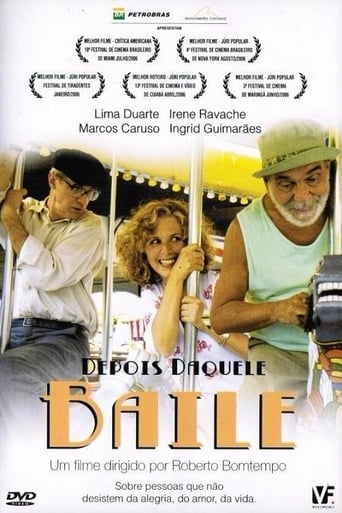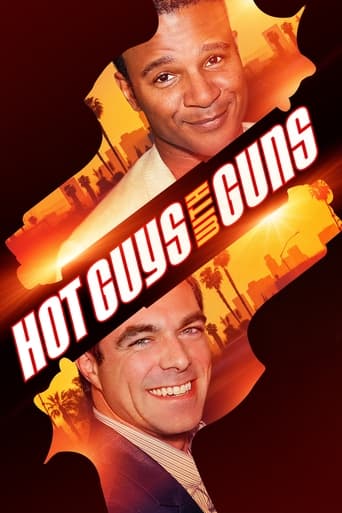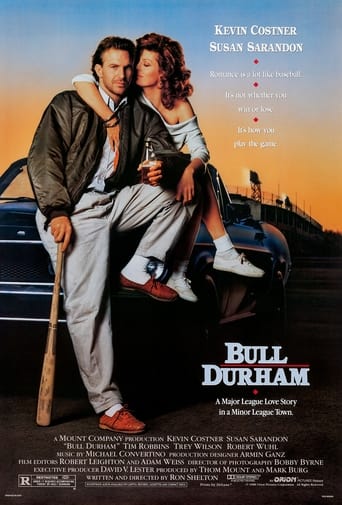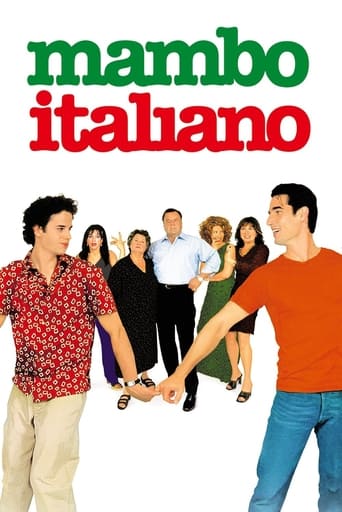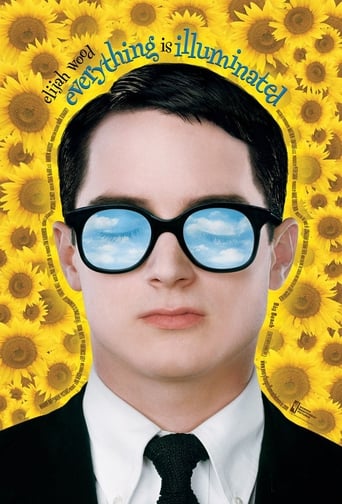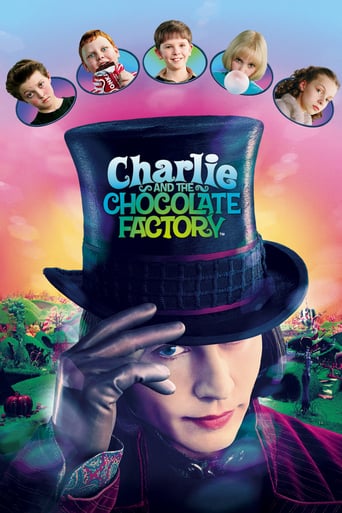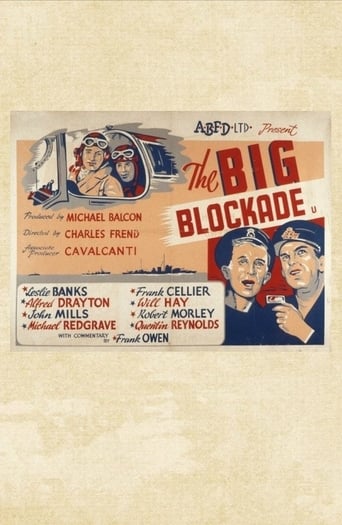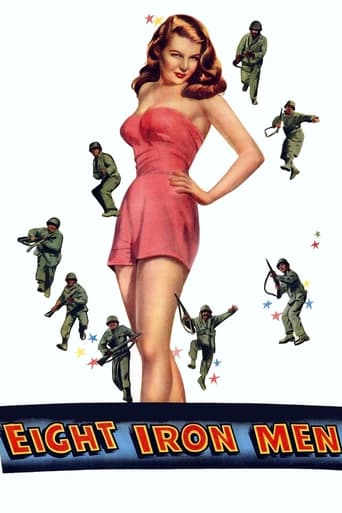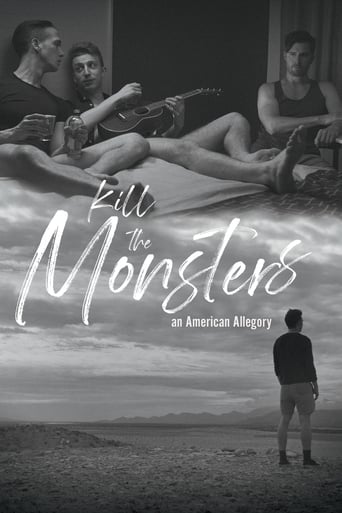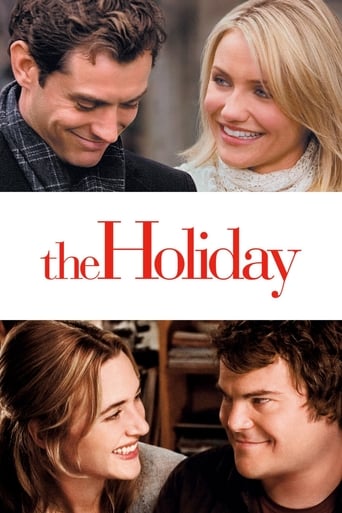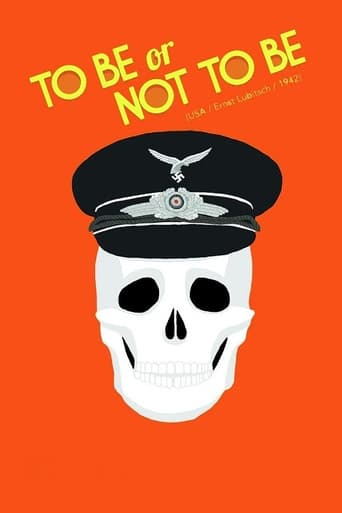
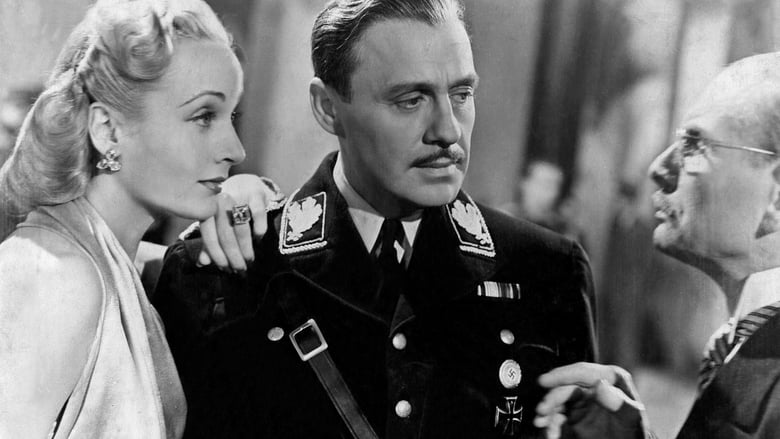
To Be or Not to Be (1942)
During the Nazi occupation of Poland, an acting troupe becomes embroiled in a Polish soldier's efforts to track down a German spy.
Watch Trailer
Cast


Similar titles
Reviews
If you're one of the many who sneer that contemporary comedies play too much on offensive shock value, try this on for size: an American comedy, released only months after the country had shipped troops over to join the war, with the image of Adolf Hitler casually strolling down the street, only moments after his moustached grimace would have graced the screen in the newsreels. Indeed, between the film's brazenly audacious topicality and the horribly tragic pre-release death of its leading lady, it almost boggles the mind to imagine any audiences chancing a viewing of Ernst Lubitsch's To Be or Not To Be, let alone laughing at it. Thankfully, the benefit of hindsight reveals a true classic waiting in the wings. Taking its place alongside Chaplin's The Great Dictator as one of the bravest (and, by proxy, funniest) films of the era, To Be or Not To Be is a savage satire and comedy of errors, wordplay, and mistaken identities worthy of Shakespeare himself, in addition to being a palpably tense and engrossing war film in its own right. If the notion of making an irreverent wartime satire while at once being sincerely deferential to the fears and hardships of the war might seem contradictory, it's a paradox that Lubitsch embraces full steam ahead. The genius of To Be or Not To Be is its being equal parts comedy and war film, vindicating the struggles of overseas troops while employing laughs as cathartic levity from the fear and uncertainty surrounding them. Appropriately, Lubitsch plays the claustrophobic, paralyzing outrage of the encroaching invasion of Poland and the nailbiting suspense of spying within the Nazi ranks to the hilt, while simultaneously lampoons the blustering bureaucratic ineptitude of a Nazi force fumbling to uphold their own doctrines, often side-by-side within the same scene. The film's screenplay is deftly intricate, with enjoyable meta-Shakespearian plays on disguises and mistaken identities seamlessly blending the strains of espionage and comedy. Still, Lubitsch is the master of the 'verbal repetition as punchline' gag, with several slow-burning bits (ranging from initially innocuous lines of dialogue to Benny's hysterically cringeworthy rendition of the titular soliloquy) building from chuckle-worthy to uproariously hilarious in tandem with the film's steadily mounting tension. And, amidst the beats of irreverence and reverence (and moments of shocking, jarring darkness), Lubitsch leaves room for heart. Although the film's 'secret love' subplot between Lombard and Robert Stack's heartthrob pilot plays as a tad histrionic, the clarion sentiment Lubitsch invests into the film's overall agenda is far more resonant. Above all else, the film serves as a galvanizing wartime call to action: a bold parable to the propensity of every citizen to combat oppression, regardless of profession (or even competence). Here, the goofy dysfunctional troupe of actors are held as equally worth of heroic valourization as Stack's matinee idol pilot by being willing to lay down their lives to combat the Nazi uprising. It's an empowering testament to the human spirit that rings true without the artifice of propaganda, and, while lacking the infectiously rousing power of Casablanca's 'La Marseillaise,' Lubitsch's film is equally uplifting, albeit in a quiet and fundamentally sillier way. Carol Lombard's tragically untimely swan song performance is truly one for the ages. Commanding the screen with effortlessly affable ease, she infuses the film's tenser sequences with palpable stakes and tension, while weaving in the reprieve of a mischievous twinkle in her eye to break the ice and invite laughter back into the frame. Jack Benny is similarly magnificent as "that great, great actor, Joseph Tura," being as reliable a repository of laughs in his subtly scathing facial expressions as his perfectly rapid-fire banter and quipping. Stanley Ridges is perfectly smooth riddled with menace as a suave Nazi spy, while the wonderful Sig Ruman blusters and sputters to jubilant perfection as a perennially outwitted Nazi officer. Minor quibbles of pace and tonal balance aside, To Be or Not To Be is a remarkable juggling act, and as enjoyable as it is a triumphant feat of irreverent wartime defiance. Ticking dual boxes of being one of the most resonant and memorable comedies or war films of the Classical era, Lubitsch's film is an eminently revisable time capsule of the best gallows humour of the WWII era. Ah, what the hell - let's do one for the road: "SCHUUUULLLTZ!!!" -9/10
An hilarious satire produced and directed by Ernst Lubitsch from the story by Melchior Lengyel. Werner Heymann received his third of four unrewarded Oscar nominations for his Score; the film was added to the National Film Registry in 1996. #49 on AFI's 100 Funniest Movies list.Jack Benny and Carole Lombard (her last film) star as the leaders of a Polish acting troupe that works to foil the Nazis during World War II in occupied Warsaw. The actors themselves are of the over-the-top variety, so part of the comedy is in the portrayal of the Nazis as buffoons who can be fooled by such "hams", intent on intercepting a spy's information that would damage Poland's resistance movement.Robert Stack plays a Polish officer who is not only part of a love triangle that includes Benny and wife Lombard, but is also the one given the mission to keep the German spy (Stanley Ridges) from delivering his list of resistance members names to the stereotypically brutish German Colonel (Sig Ruman).For patriotic reasons, Benny helps Stack anyway, directing his group of actors (Felix Bressart, Lionel Atwill, Tom Dugan, George Lynn) to play various roles to foil their common foes. Charles Halton (as a theater producer), among others, also appears.
I wasn't familiar with Jack Benny going into this movie, other than his rep that said he couldn't cross over into film. I don't really see why, I thought he was quite capable and had a command of guises and disguises that weren't dissimilar from someone like Sacha Guitry. There can also be a connection made to Preston Sturges, with all the madcappery going on that still feels just as vital today. Some of the jokes could very well be inserted into an episode of The Simpsons and viewers wouldn't bat an eyelash. I loved seeing Robert Stack show up as a dippy flingy paramour. I think what impresses me most with To Be Or Not To Be is the sense of play throughout, and not just onstage. There are matters of love, life and death that are treated most often as debonair or romantic whimsy. A farce about humanity's greatest threat. IN YOUR FACE, Hitler
We needed laughs in 1942.What better thing to laugh at than the thing that was causing us the most tension at the time,World War II? The production of this film came at a very contentious time,and it paid off.The finished product is one to behold if you like to laugh.While the content being satirized may be dated,the humor is timeless.The only downer,I suppose,at the time was the loss of the film's star,Carole Lombard in a plane crash in January of 1942,well before the film's release.This no doubt put a damper on the film's humor for the audiences of the time,so it had to recover from this setback over time.That it has,and it is a must see comedy classic.


